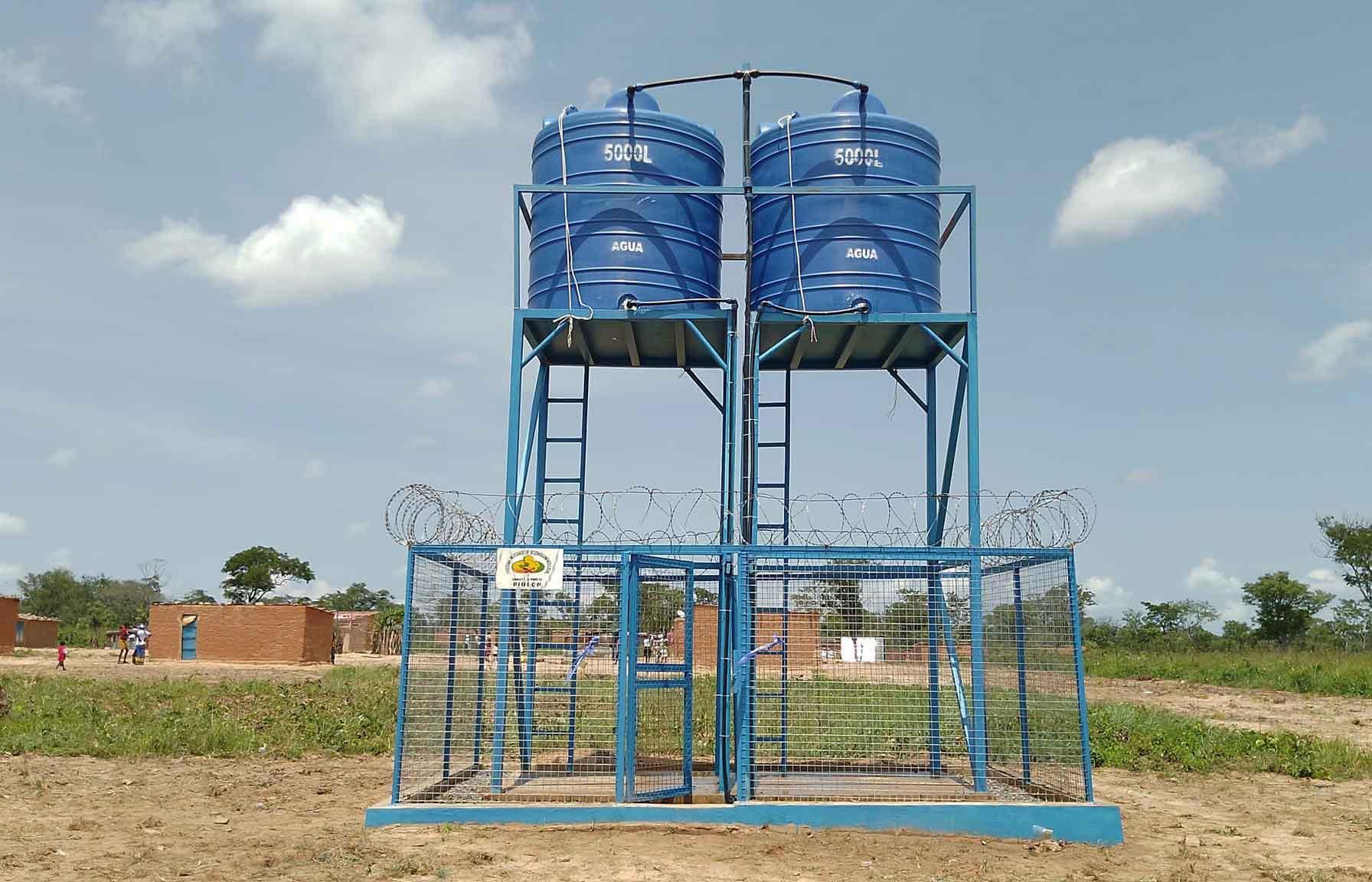Africa-Press – Ghana. As the world confronts the growing threat of pharmaceutical contamination in water bodies, a pioneering research project at the University of Energy and Natural Resources (UENR) is offering hope through an innovative solution: biochar nanocomposites.
The Challenge
Pharmaceutical residues – including antibiotics, painkillers, and cancer-treating drugs – are increasingly detected in rivers, lakes, and groundwater. These pollutants, originating from hospitals, households, and agricultural drainage, persist in the environment due to their resistant chemical composition, posing threats to public health and ecological stability.
The Breakthrough
Dr Selina Ama Saah, Senior Lecturer and Head of the Department of Chemical Sciences at UENR, is spearheading a project titled “Sustainable Remediation of Pharmaceutical Residue Pollution in Water Bodies: Biochar Nanocomposite Adsorption Approach.”
At the heart of the research is an engineered material: biochar nanocomposites made from discarded coconut husks enhanced with zinc oxide nanoparticles. The porous, carbon-rich biochar is “supercharged” with zinc nanoparticles, producing an absorbent capable of efficiently capturing pharmaceutical residues from water.
Dr Saah explained that the material demonstrated remarkable adsorption capabilities, making it a cost-effective, sustainable, and scalable remedy. The team is now exploring the development of a membrane filtration system incorporating the nanocomposite, which could revolutionise safe water production in contaminated areas.
The Stakes
At a workshop on the project’s findings, Dr Saah highlighted the urgency: “Many water sources in Ghana are becoming increasingly polluted. Pharmaceutical residues can reduce the effectiveness of medications, contribute to antimicrobial resistance, and endanger human health.”
She urged government to prioritise investment in scientific research, stressing that Ghanaian scientists had the expertise but faced challenges of limited funding, inadequate laboratory facilities, and restricted access to essential equipment.
Expert Voices
Professor Elvis Asare-Bediako, Vice Chancellor of UENR, described pharmaceutical pollutants as a “global health emergency” that disrupt aquatic ecosystems, threaten biodiversity, and infiltrate food chains through contaminated crops and livestock. He said the biochar nanocomposite project directly addresses pollutants at their source.
Prof Samuel Fosu Gyasi, Dean of the School of Sciences, also warned that the rising use of chemotherapy and other drugs was worsening water contamination. He called for advanced treatment of water sources to avert long-term health risks.
The Way Forward
Experts at the workshop agreed that addressing pharmaceutical residue pollution requires multi-level action: Public education on safe drug disposal, Investment in scalable technologies like biochar nanocomposite filtration, Stronger partnerships among government, NGOs, and the
private sector and Policy reforms to regulate pharmaceutical waste disposal and enforce water quality standards.
The UENR initiative demonstrates that scientific research can provide practical solutions. The challenge now, stakeholders noted, is for policymakers to act decisively and ensure such innovations are scaled up to safeguard public health and the environment.
Source: Ghana News Agency
For More News And Analysis About Ghana Follow Africa-Press







